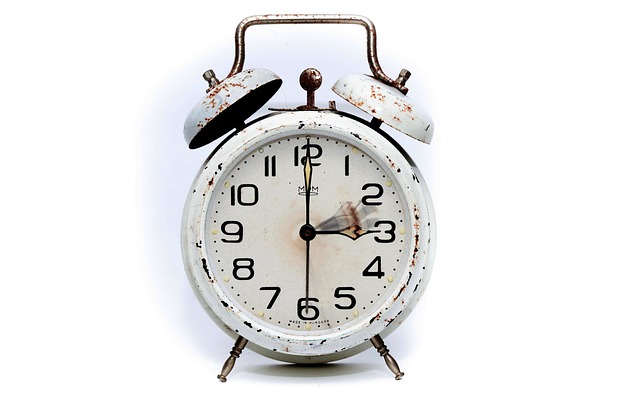Understanding Your Biological Clock
The concept of a biological clock may seem like a scientific term, but it resonates deeply within our daily lives, especially when it comes to sleep. Our biological clock, or circadian rhythm, dictates when we feel awake and when we feel sleepy. Unfortunately, many of us often struggle to maintain balance in this rhythm, leading to restless nights and sluggish days. However, embracing a healthy lifestyle and nutrition can help us optimize our biological clock, leading to better sleep and improved overall well-being.
Embracing a Healthy Lifestyle
Making simple adjustments in our daily routines can significantly impact our biological clock and enhance our sleep quality. Start by incorporating regular physical activity into your day. Exercise not only helps to reduce stress and anxiety but also promotes better sleep patterns. Aim for at least 30 minutes of moderate exercise most days of the week, ideally in the morning or early afternoon. This helps signal to your body when it’s time to wind down at night.
Establishing a consistent sleep schedule is equally vital. Going to bed and waking up at the same time every day helps train your biological clock, allowing it to know precisely when it needs to shut down for the night. Create a calming bedtime routine to signal your body that it’s time to relax and prepare for sleep. Consider practices like reading, gentle stretching, or meditation to ease the transition into restful slumber.
The Role of Healthy Nutrition
What we consume plays a significant role in regulating our biological clock and influencing our sleep quality. Eating a balanced diet rich in whole foods can help stabilize your energy levels throughout the day. Incorporate plenty of fruits, vegetables, whole grains, and healthy fats into your meals. These nutrient-dense foods not only nourish your body but also support optimal hormonal balance, which is crucial for effective sleep regulation.
Be mindful of your consumption of caffeine and sugar, particularly in the hours leading up to bedtime. These stimulants can disrupt your biological clock, making it difficult to fall asleep. Instead, consider herbal teas like chamomile or passionflower, which can promote relaxation and support the winding down process. Additionally, incorporating sleep-friendly foods, such as almonds, bananas, and fatty fish, can enrich your diet with essential nutrients that aid in better sleep.
Prioritizing Sleep in Your Life
Ultimately, understanding and optimizing your biological clock through healthy lifestyle choices and nutrition can lead to profound enhancements in your sleeping patterns. It takes time and patience to develop new habits, but the rewards are substantial. Prioritize your well-being by investing in better sleep – it will not only rejuvenate your body but also enhance your mental clarity and emotional resilience.
In a world that often prioritizes productivity over rest, acknowledging the significance of a well-regulated biological clock can be a game changer. Remember, your journey to better sleep begins with one small step. Choose to embrace a healthier lifestyle and nutrition today, and watch as you unlock the power of restful nights and revitalized days.




